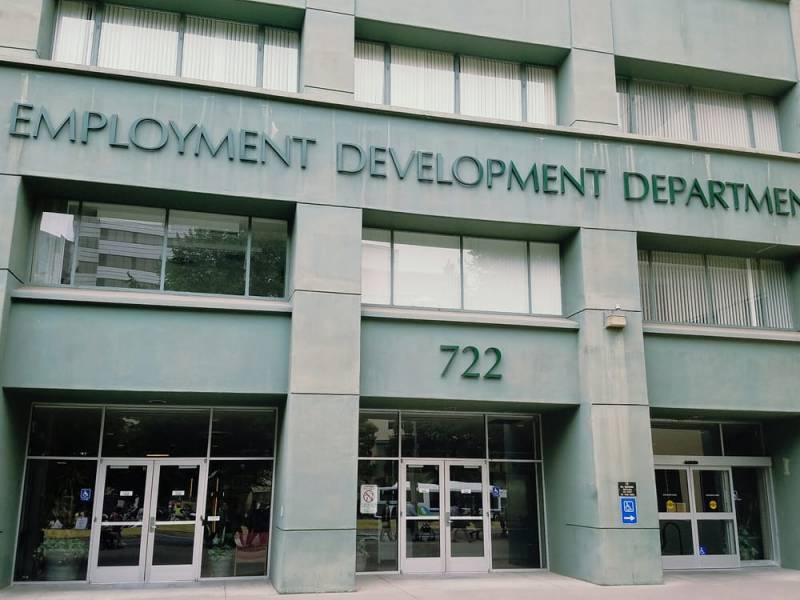The way Katie Dixon sees it, the incarcerated population is “low hanging fruit,” and have gotten caught up in lawmakers’ recent efforts to combat unemployment fraud.
“It's easy to go after folks that has already been identified as a criminal or something like that,” said Dixon, who was formerly incarcerated and is now a community organizer with the nonprofit Legal Aid at Work.
Dixon is specifically referring to two pieces of legislation currently advancing through committees in the California Legislature that each aim to tamp down on unemployment fraud involving incarcerated people. Those scams have bilked the state out of at least $810 million, according to a state Employment Development Department (EDD) estimate. Other outside estimates put that figure even higher.
The main thrust of the bills would be to establish a cross-matching system between EDD and the California Department of Corrections and Rehabilitation to ensure people currently incarcerated in state prisons don’t receive unemployment benefits. Unlike at least 35 other states, California doesn’t use a cross-matching system, and district attorneys across the state, as well as the California state auditor, have both pointed to the absence of that safeguard as a big reason why it’s been so easy to dupe the system.
But Dixon and other advocates say the current proposals could end up penalizing vulnerable people, both with and without criminal records.
How We Got Here
Around Thanksgiving last year, DAs from across the state announced that over 30,000 fake unemployment claims had been filed in the names of people incarcerated in California. Sometimes the scammers used real names and Social Security numbers. Sometimes they made up identities.

